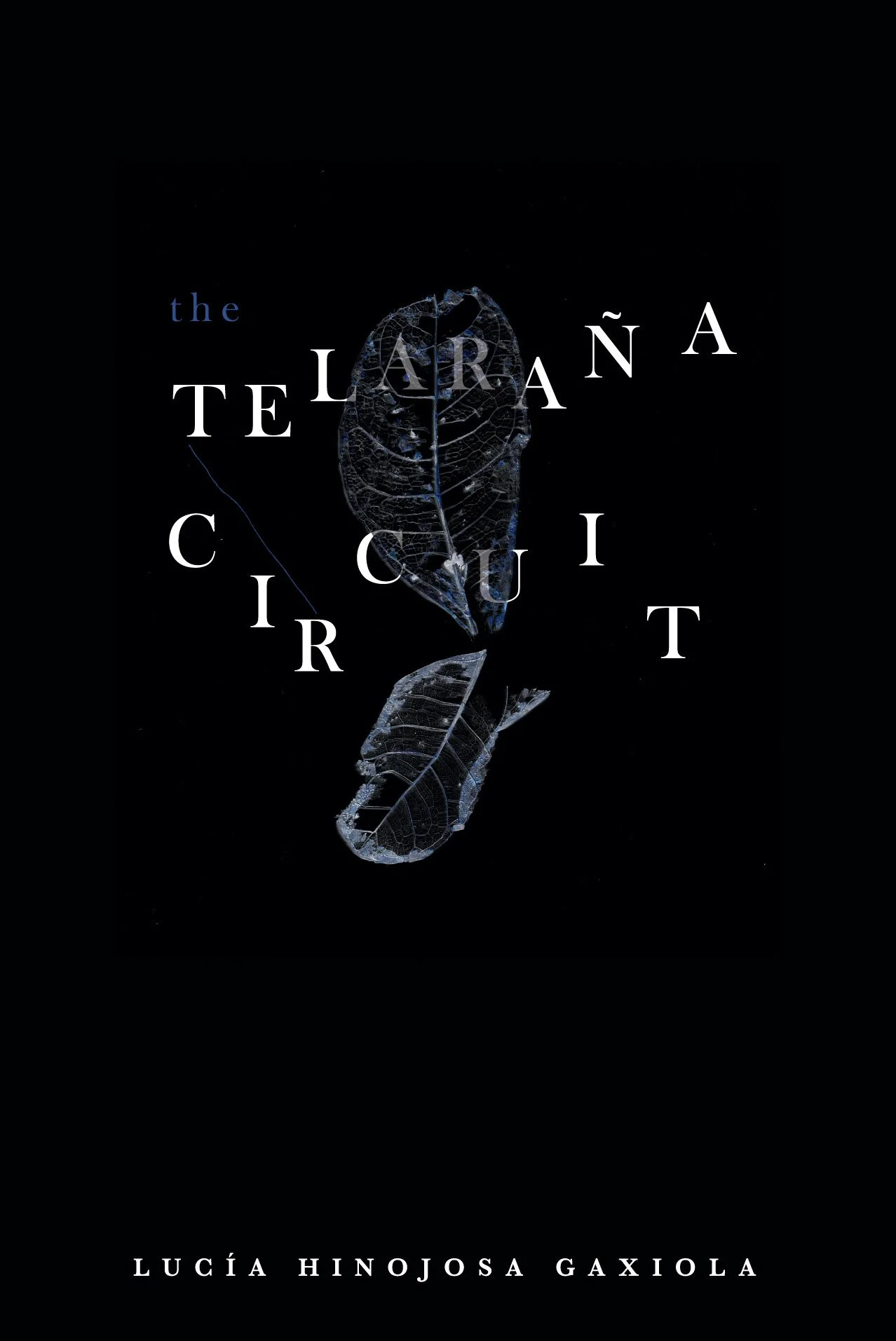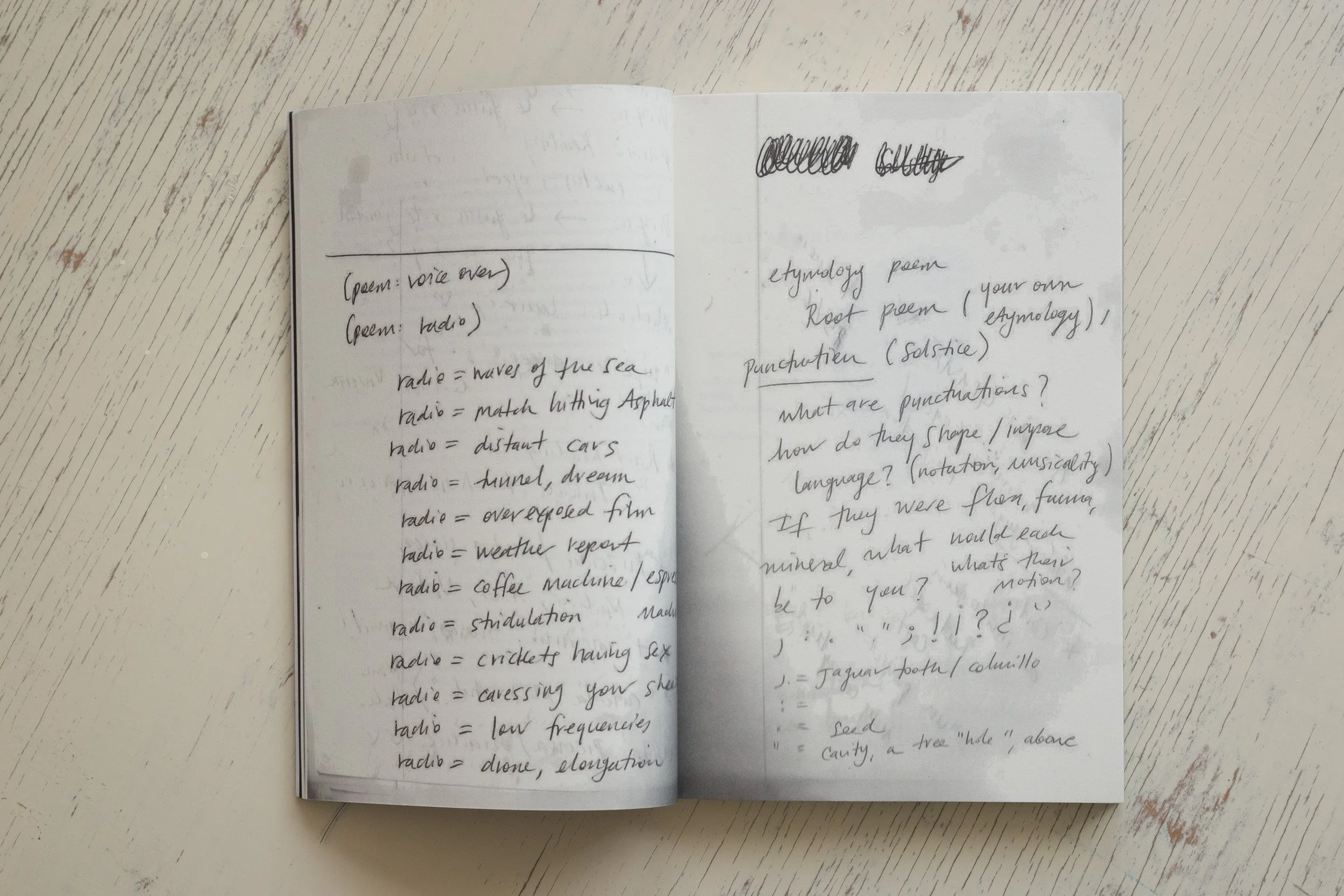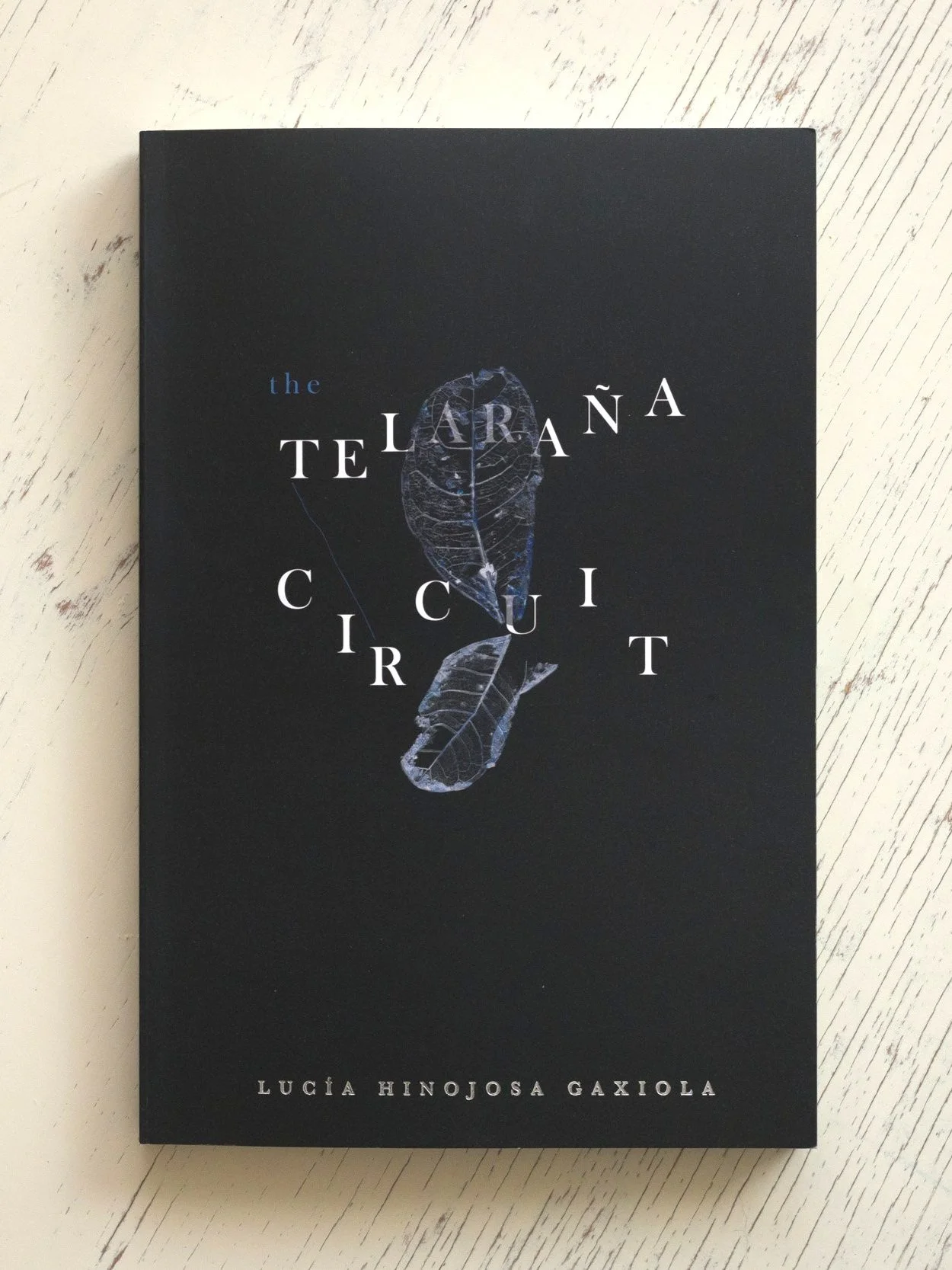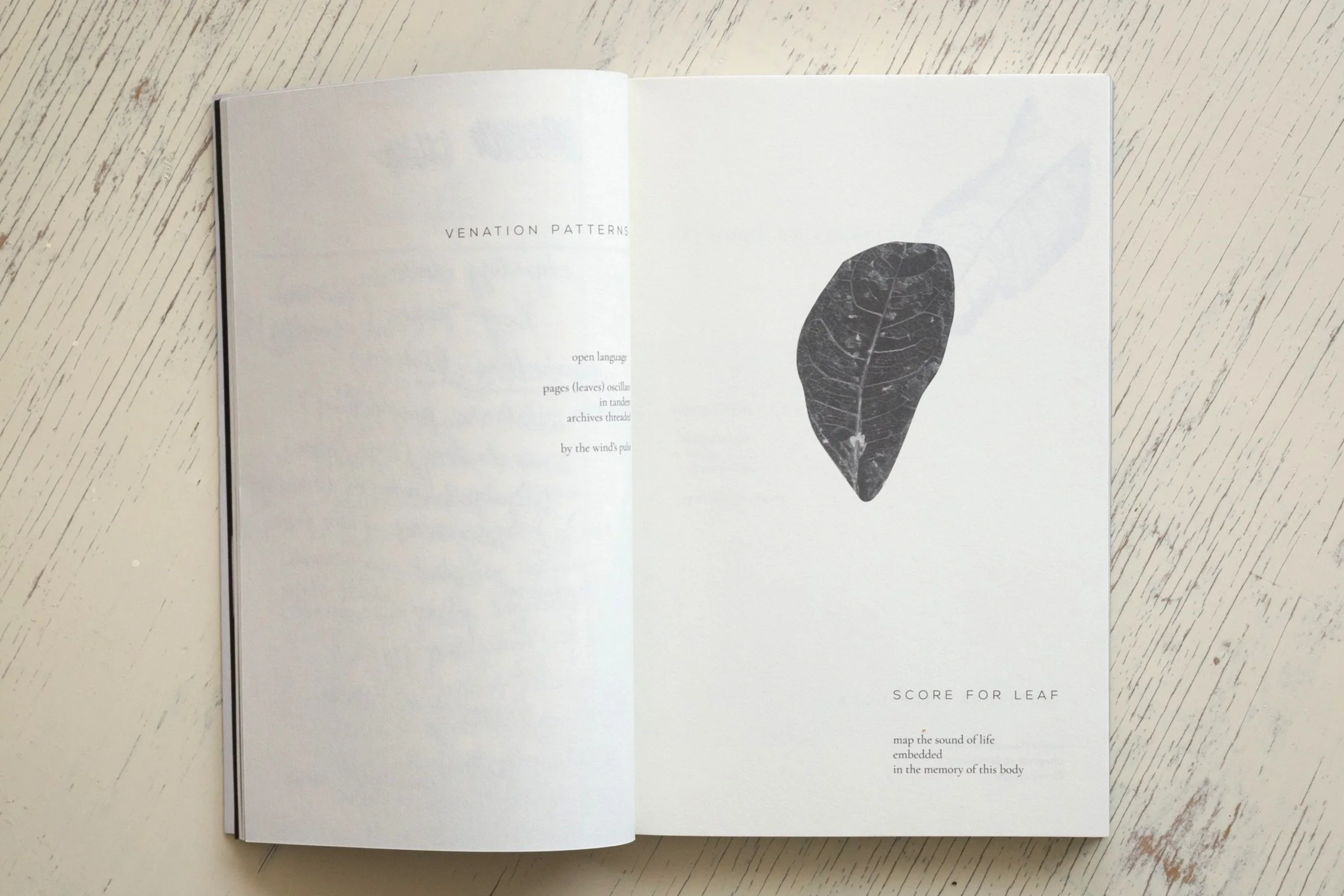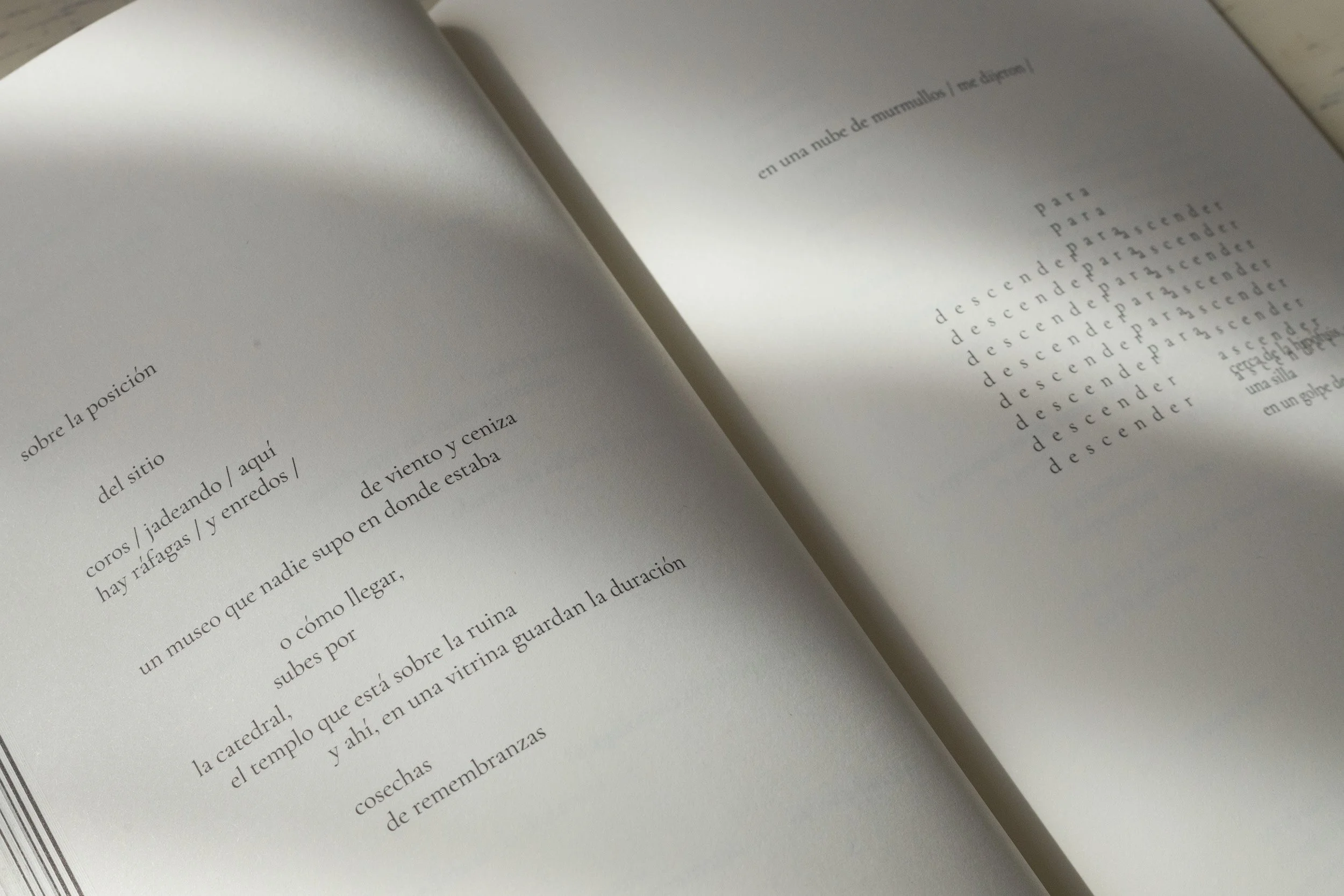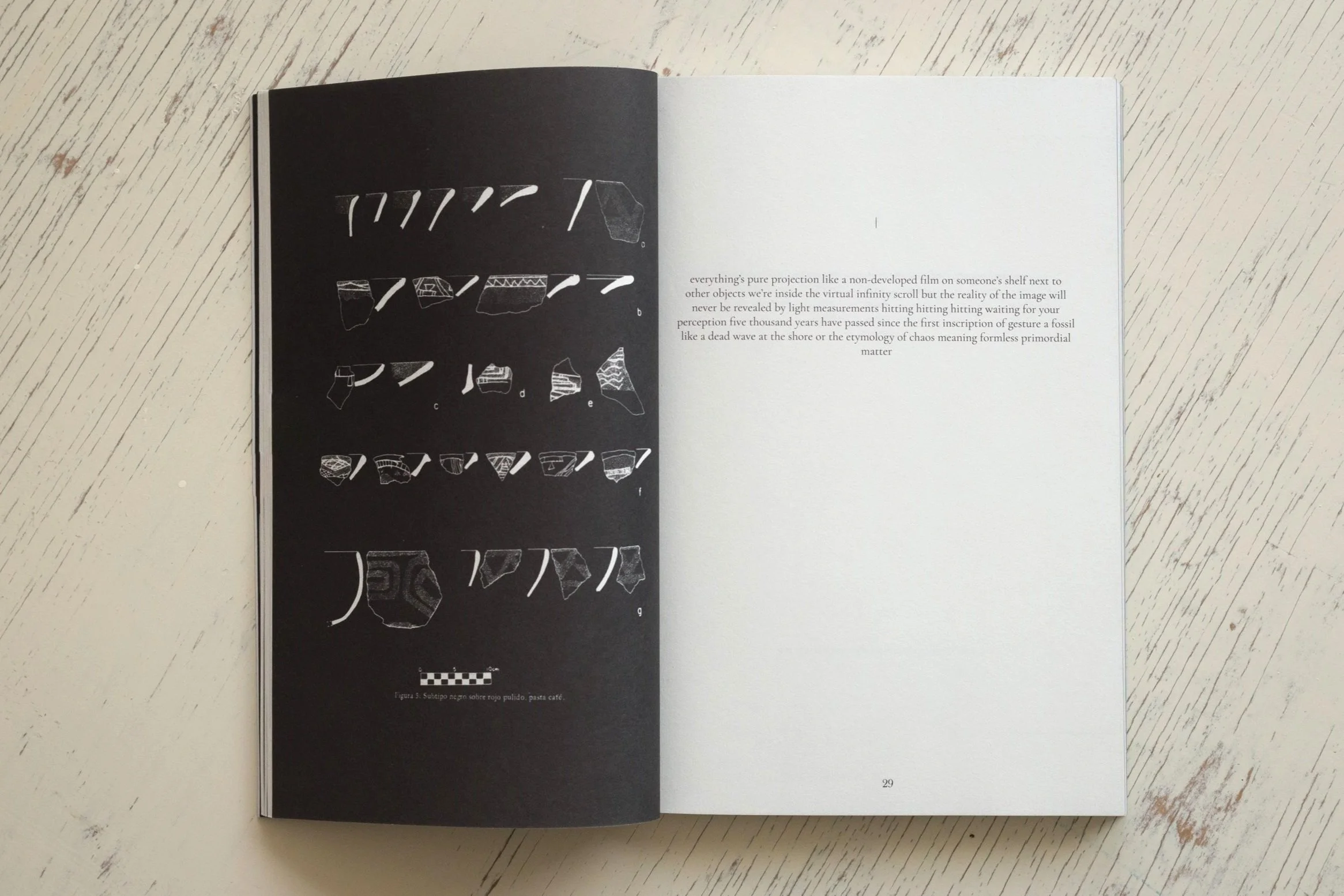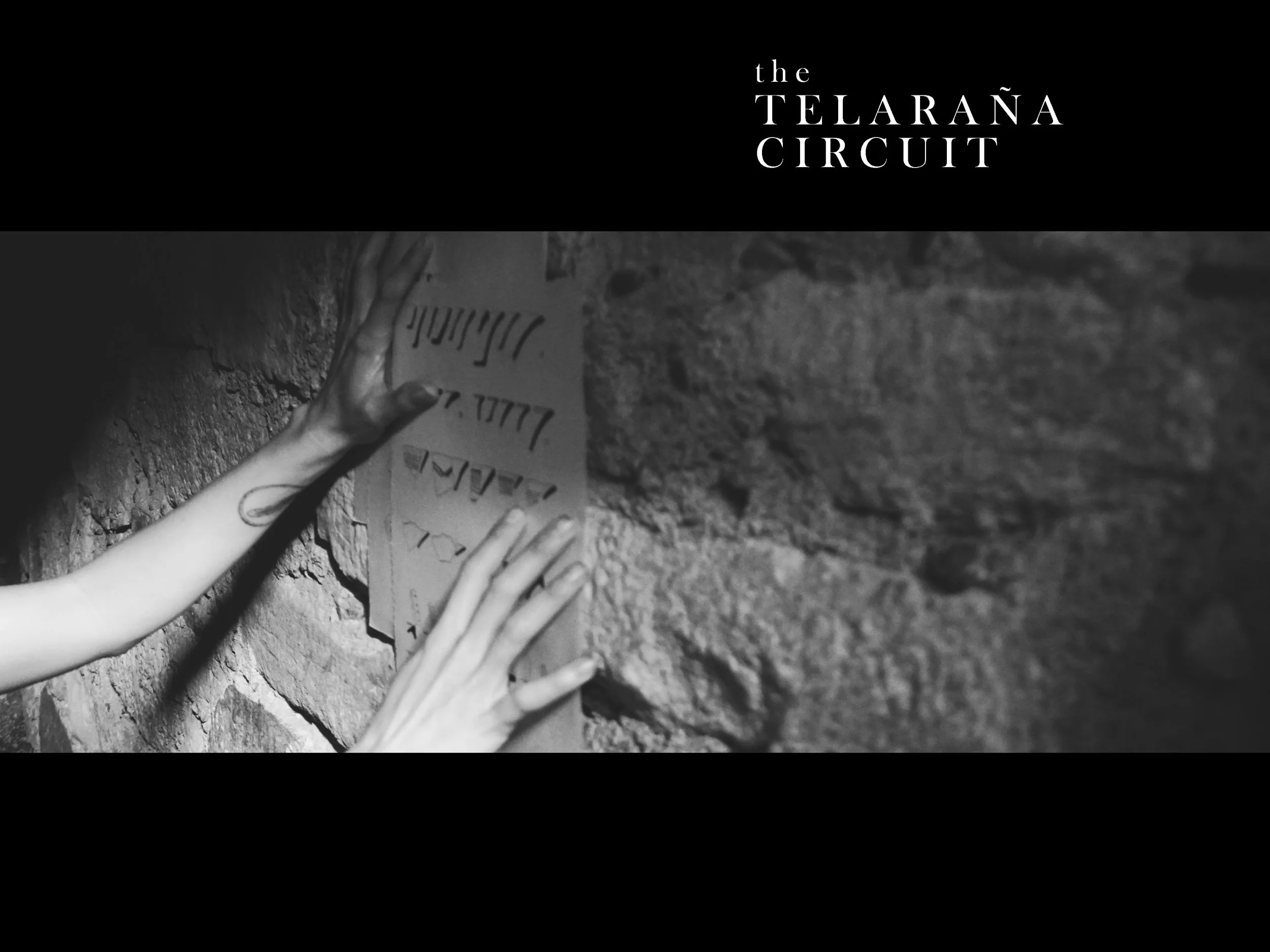Lucia’s poetry moves across the page like an animal trespassing / transmuting the tongue. It transgresses the page, it trans-graces. A poetry that is investigative and ephemeral; it necessarily relies on documentary methods.
—Carolina Ebeid
Photo: Natalia Gaia
Photo: Natalia Gaia
Photo: Natalia Gaia
Photo: Natalia Gaia
For Lucía, the poem manifests in an astounding array of media and may take the form of pulsating, handwritten notations; heirloom archeological illustrations; and wordless, faded slides. Behold the celebration of the mind’s ability to perceive the infinite interrelations between the animate and inanimate realms, the vibrations resulting from the friction between the two, and their convergence onto printed matter. Telaraña is alive and radically open. Enter the book and synchronize your breath to the rhythms of its ongoing motion; it’s a standing invitation.
—Mónica de la Torre
A handbook, a neuronal pathway, a dual-lingo friction, a telluric descent, a crystal ball, a “listening in,” a performative drift through tentacular animalia, an analogue of query, of hallucinatory talking body parts, a construction manual of naming, of eroding for the act of breathing inside structures for a future tactile, cinematic poetry. I felt silken, I was entranced, I studied my hands as I glided thru this seductive journey, a mapping beyond conceptual “book” into lucid dreamtime. Telaraña is a stunning debut for this brilliant archeologist of morning, noon, and deepest night.
—Anne Waldman
